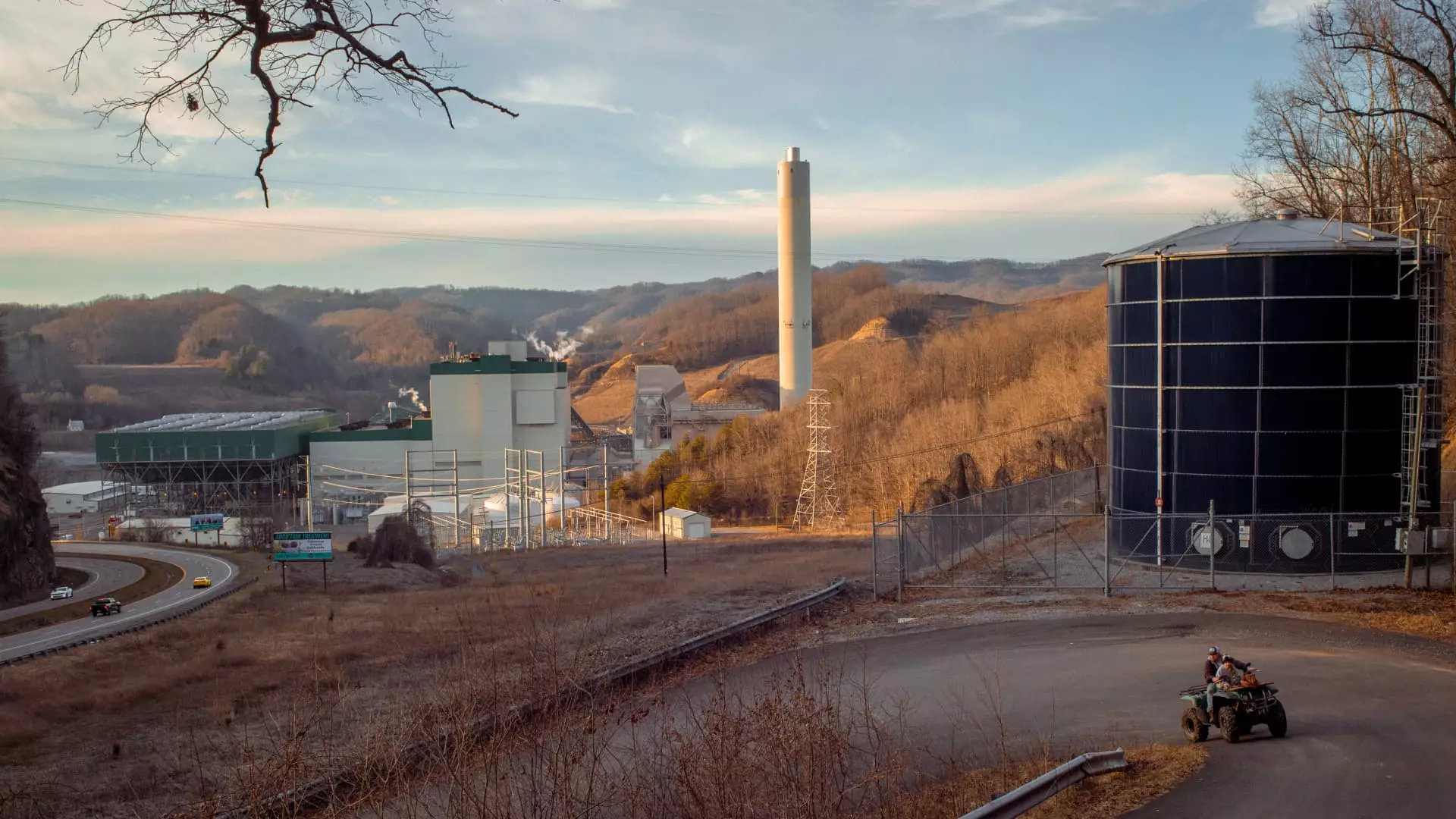Nuclear energy has long been intertwined with debates about safety and environmental impact. With the increasing urgency for carbon-free energy solutions, the utility industry is making significant strides toward innovation. Notably, Dominion Energy’s recent discussions with tech giants signal a robust interest in small modular nuclear reactors (SMRs), positioning them as a viable option for meeting future energy demands. This promising technology could redefine how energy is generated and utilized in a carbon-sensitive environment, especially with the emergence of energy-intensive sectors like artificial intelligence.
Dominion Energy’s collaboration with Amazon marks a critical moment in the evolution of nuclear technology. By entering into a memorandum of understanding focused on developing a small modular reactor, Dominion aims to harness this compact yet powerful energy source near its North Anna facility in Virginia. The initiative not only reflects Dominion’s commitment to exploring next-generation nuclear technology but also highlights the willingness of major power consumers, particularly in the tech sector, to back such sustainable ventures. CEO Robert Blue emphasized how partnerships with large energy consumers can facilitate the implementation of innovative technologies, further bridging the gap between utilities and tech companies.
SMRs present an attractive alternative to traditional nuclear reactors; they promise lower capital costs and facilitate quicker deployment due to their smaller size and simpler manufacturing processes. These attributes could make them particularly appealing for states like Virginia, recognized for its supportive legislative environment regarding nuclear initiatives. As energy companies such as Microsoft and Google position themselves to secure reliable, carbon-neutral power, the synergy between tech firms and nuclear utilities highlights the growing recognition of nuclear energy in achieving sustainability goals.
Despite the potential associated with SMRs, the technology faces significant hurdles before it can achieve commercial viability. Currently, there are no operational SMRs in the United States, which raises questions about the readiness of regulatory frameworks and public acceptance. The perceived risks of nuclear energy alongside historical accidents still linger in societal discourse. Therefore, while interest and investment from high-profile corporations are a step toward addressing these issues, there is an urgent need for comprehensive safety studies, community engagement, and robust regulatory reviews.
As Dominion Energy collaborates with prominent tech companies to explore the development of small modular nuclear reactors, it opens the door to a potentially transformative approach to energy generation. With the dual pressures of rising energy needs and the imperative to reduce carbon footprints, the integration of advanced nuclear technologies could pave the way for a sustainable energy future. However, navigating the challenges associated with the commercialization of SMRs will require not only innovation in technology but also a concerted effort to build public trust and regulatory support. The future of energy may well depend on the successful merger of traditional utility expertise with the insatiable demand for clean power from the technology sector.


Leave a Reply